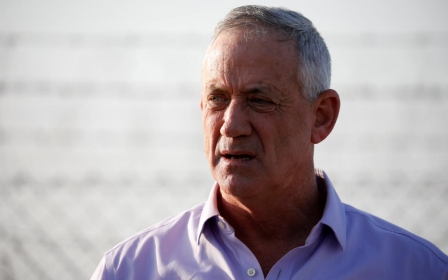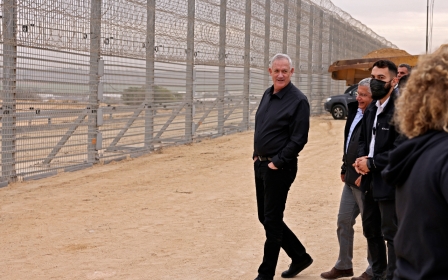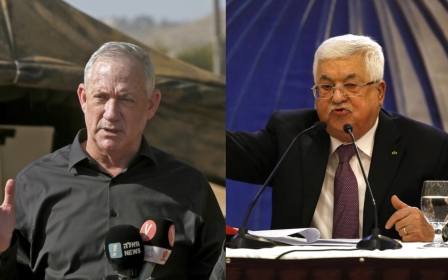Israel: Defence minister says Palestinians will have 'entity' not a state
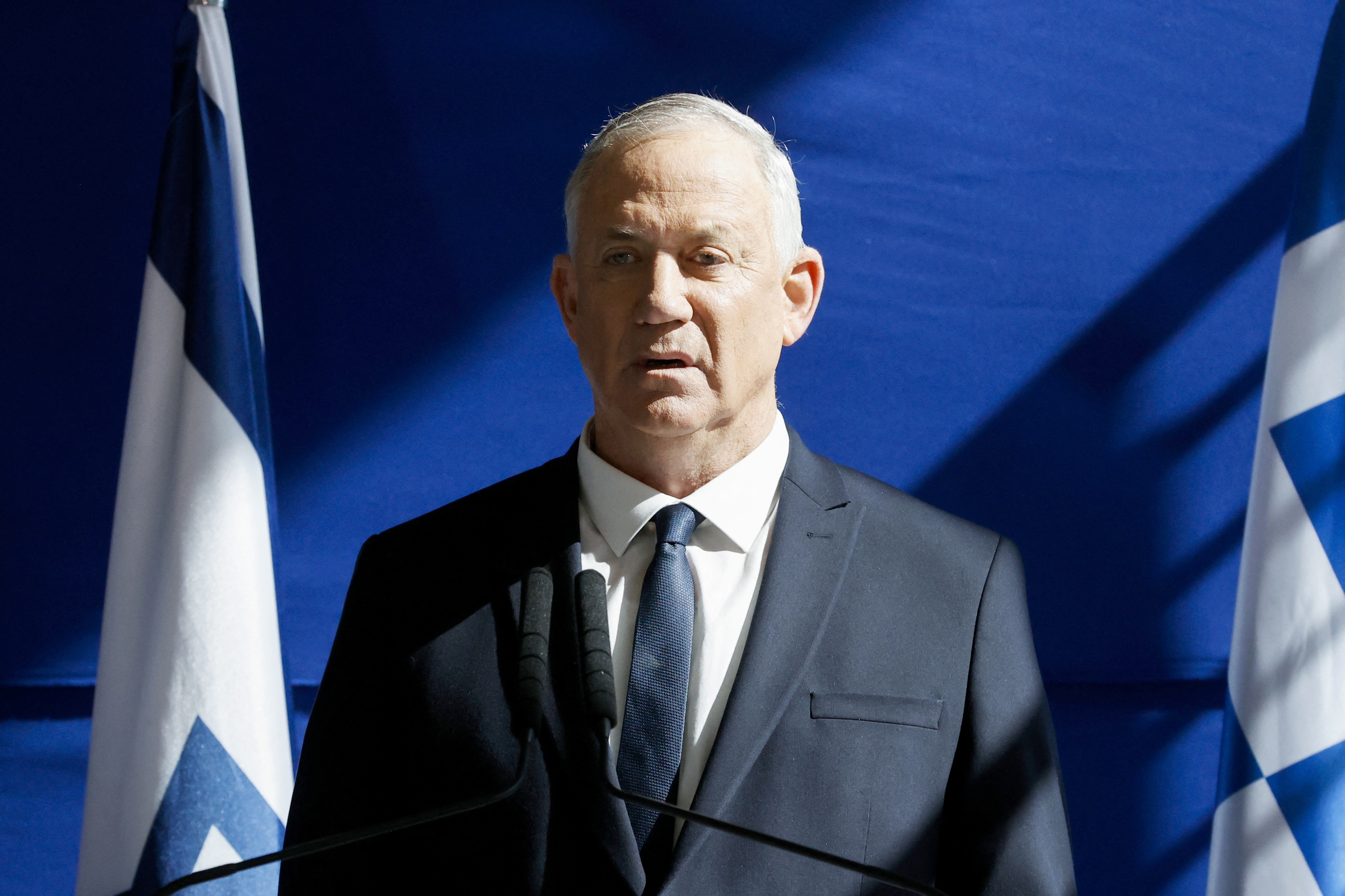
Palestinians will have an "entity" in the future but not a full-fledged "state," Israeli Defense Minister Benny Gantz told the Munich Security Conference on Sunday.
"Eventually we will find ourselves in a two-entity solution, in which we respect Palestinian sovereignty and governance, but we will be respected for our security needs," Gantz said in the conference, according to the Jerusalem Post.
When asked whether a two-state solution was possible, Gantz explained that he had chosen to use the word "entity" as opposed to "states" as a way of marking his rejection of an Israel returning to the pre-1967 lines.
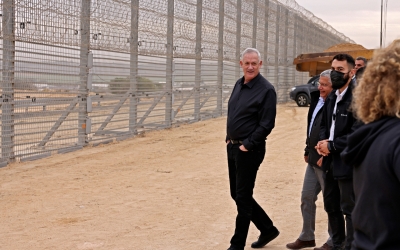
"[A] two-state solution takes us to a former framework. It's a phrase that gives the illusion of [a return to] 1967 with the borderlines, etc; things that cannot happen."
“This is why I said two-entity solution. We would verify with one another how we can ensure Palestinian rights on one hand while safeguarding Israel’s security needs on the other,” Gantz said.
After the Six Day War in 1967, Israel occupied the Palestinian Territories of the Gaza Strip, the West Bank, and East Jerusalem, as well as the Egyptian Sinai Peninsula and most of the Syrian Golan Heights.
Gantz, who heads the centrist Blue and White party, has strongly advocated for negotiations with Palestinians who seek to establish a sovereign state in the occupied Palestinian Territories based on the pre-1967 borders.
He recalled his recent meetings with Palestinian Authority President Mahmoud Abbas because of a "strategic connection."
"We must maintain security. I am sure we must promote the [Palestinian] economy. Slowly, but surely, we will separate from one another and create a better reference for future discussion on what a permanent agreement would look like,” he said.
“We cannot ignore the existence of the Palestinians and the Palestinians cannot ignore the existence of us Israelis in the area and we must find ways of living with one another.”
Middle East Eye delivers independent and unrivalled coverage and analysis of the Middle East, North Africa and beyond. To learn more about republishing this content and the associated fees, please fill out this form. More about MEE can be found here.


